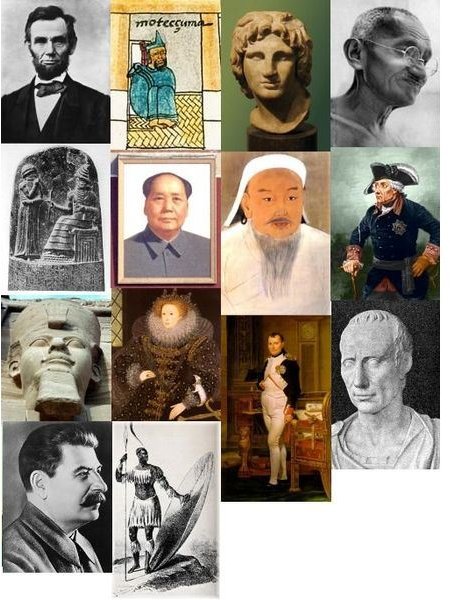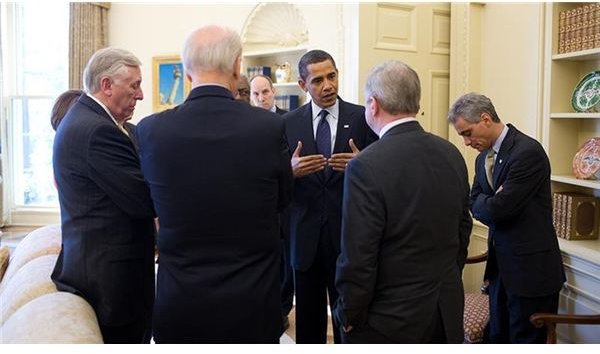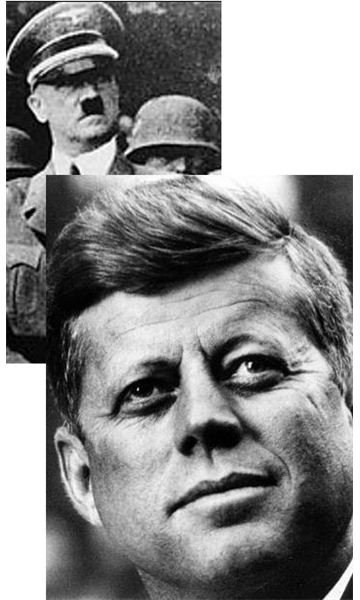Why Leadership Ethics Affect Organizational Innovation and Change
The Importance of Ethics
The ethical changes that are required today are not just about avoiding the past mistakes that were committed. It’s about trekking a different path, which is done by using innovative methods for which the objective is to make sure that the same obstacles will not be encountered. There’s no use in facing the same challenges because it tends to limit the possible outcomes to what has already been achieved. Although this type of undertaking presents greater risks, this is where ethical values are more important than experience.
A good example to cite is the nuclear quality engineer who discovered the defect in the steel vessels of the Daiichi nuclear power plant. This defect would have given the government a reason to shut down the plant. Since the engineer placed more value on the possible financial losses that the company was bound to face, he tampered with the inspection reports for years. He was justly rewarded by the company and hailed as a model employee. It was only when the Chernobyl accident took place that he decided to make a clean breast of everything. Unfortunately, it was too late because too many people were already involved in the cover-up. In 2011, the Daiichi plant went into level seven nuclear disaster following an unexpected magnitude nine earthquake and tsunami. (A link to a story with more information about this is below.)
It’s all about putting on the best example of leadership behavior that would spur the team to be creative and at the same time calculate the risks and the values of the risks to be taken. On a different context, it could also be about making a choice as to who should benefit from the value created. Make a closer study of the different behavioral theories and understand how ethics in leadership can affect the organization and its components.
Leadership Behaviors

Autocratic
Leaders with this type of behavior make decisions with minimal or without consultations; hence they are likely to change their decisions from time to time. They see leadership as a privilege or at times an opportunity to take advantage, socially, economically or financially. There is less concern for the common good but more on self-aggrandizement to satisfy a desire for recognition as somebody important.
These are the types of leaders that will not fit in with a creative team. Typically, autocratic leaders will take the credit for successful innovations, regardless if the innovative idea was contributed by his subordinates. On the other hand, the autocratic leader will not own the causes of a team’s failures and will readily put the blame on the individual who came up with the idea.
Oftentimes, these types of leaders are easily recognized because they are the classical types of leaders. The typicality of their behavior makes the subordinate wary and less than eager to contribute creatively. Those who truly desire to be effective as a leader but have come to recognize that they possess autocratic behaviors often undergo leadership training.

The Laissez-Faire (Allow-to-Do)
Leaders who have this type of behavior are those who do not interfere with their subordinates’ ideas and often give members a free hand on the courses of action they wish to take.This may work well for an innovative team since the team is less likely to succeed. There is little guidance coming from the laissez-faire leader that the outputs are often not cohesive and lacking direction.
Problems that crop up are often left unattended until they are too critical to ignore. These types of leaders expect individuals to own up to their mistakes. The matter of solving problems is likewise delegated to whomever is responsible for the creation of the problem; in some cases, he is capable of turning a blind eye to the solutions applied. The desire to save face for his lack of control, or pre-emptive action to prevent the mistake from happening, can affect his ethical judgment.
Laissez-faire leaders are only best for those whose significance as leaders is established because of their capital or financial contributions. In such cases, the team shall be answerable only to him in the event that failures are met. At the least, individual members are aware that the leader is important as a financial provider. In such a case, problems are solved at the team member’s own initiatives.
However, outputs are not as great since the creative minds of each individual are not fully explored by the leader’s own vision. The originator of a design or original creation is often satisfied with his accomplishment and has a tendency to ignore suggestions coming from peers.
The Micro-Manager
These types of leaders are a cross between the autocratic and the democratic. They may take on more suggestions in contrast to the outright autocratic leaders. However, they are often hovering over the shoulders of the workers, giving advice on how to execute a particular task with the expectation that the advice will be heeded.
Ownership of command responsibility may be ambiguous for leaders with this kind of behavior. They may own-up to their mistakes, especially if the team members have strong personalities. However, members who he feels have caused his leadership any form of embarrassment will find it difficult to have any more of their ideas recognized. Thus, unethical behavior as a leader may also surface and cause problems for the company as it may lead to complaints or lawsuits for retaliatory actions.

Democratic
Leaders with this type of behavior often have the best countenance for every type of undertaking, particularly for changes or innovations. They believe in team participation and often welcome feedback coming from different sectors.
Their democratic style of leadership creates a healthy work environment particularly if the tasks are fairly distributed among the highly skilled or competent and the novices or those that have little experience. They allow the creative thinker to earn recognition for his positive contributions as a means for motivation. Problems if any are immediately brought to his attention although there should be a balance in applying democratic principles.
Oversight or mistakes should likewise merit reprimands in order to instill a sense of responsibility for observing due care in making individual decisions. As a democratic leader, his ethical nature will guide him into carrying out just and fair punishments or sanctions that will not result in feelings of resentment between him and the subordinate.
However, there are instances when an organization’s higher management may regard a democratic form of leadership as slow and lacking in dynamism. Volatile business conditions often require quick thinkers who can be confident with their instant decisions. This is where expertise and seasoned experience become a vital combination for those with democratic behaviors.
Seeking consultation and feedback are only leadership styles in order to promote a positive workplace environment. However, democratic leaders should also be able to manifest the ability to act and decide effectively on their own, without aid of consultation coming from his subordinates. Otherwise, his followers might nurture the seeds of doubt that their leader is only hiding behind a democratic countenance to make up for his lack of experience and competence.
The Standout Charismatic Leader

Democratic leaders who manifest positive social, professional and moral behavior are also called charismatic leaders because they can naturally attract out of their good behavior. However, not all leaders who have been branded as charismatic leaders in historical records are known for their high ethical standards, e.g. Adolf Hitler and Reverend Jim Jones of the mass murder-suicide in Guyana, Jonestown.
The element of charisma stands out only as far as their followers hear or see what they want to hear. Boards of directors and corporate executives may consider a senior manager as charismatic because he is capable of presenting strategies and projections that they themselves envision. There have been instances that the methodologies used do not matter as long as the cashflow remains healthy and the company’s financial image is untarnished.
The effects of leadership ethics on organizational innovation and changes can be measured not by a leader’s popularity or by the number of his supporters but by the full satisfaction of the value-receivers plus the ethical judgment on who should receive the values.
Reference Materials and Image Credit Section:
Also in Bright Hub by this writer:
The Harsh Effects of Excessive Nuclear Radiation Exposure, at https://www.brighthub.com/environment/science-environmental/articles/118775.aspx
Reference Materials:
- Howell, Jane M -The University of WEstern Ontario; Avalia, Bruce J. State University of New York and BirminghamThe Ethics of Charismatic Leadership: Submission or Liberation – https://www.jstor.org/pss/4165064
- By Horth, David, Center for Creative Leadership and Buchner, Dan :Continuum : Innovation Leadership -http://webcache.googleusercontent.com/search?q=cache:6YVdg6n6BEsJ:www.ccl.
- org/leadership/pdf/research/InnovationLeadership.pdf+how+does+Leadership+ethics+affect+organizational+innovation+and+change&hl=en&gl=ph
Image Credits:
- By GeorgeMasonIO / Wikimedia Commons
- By Javier Fernadez Quiroga / Wikimedia Commons
- By Traitor/ Wikimedia Commons
- By Pete Souza / Wikimedia Commons
- By Muzej Revolucije Narodnosti Jugoslavije
- By White House Press Office (WHPO)/ Wikimedia Commons
